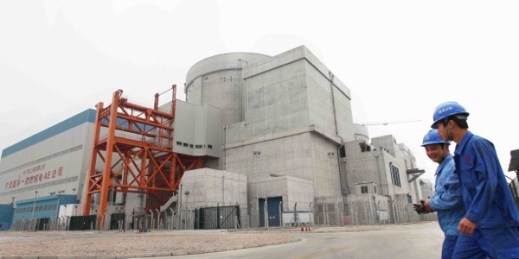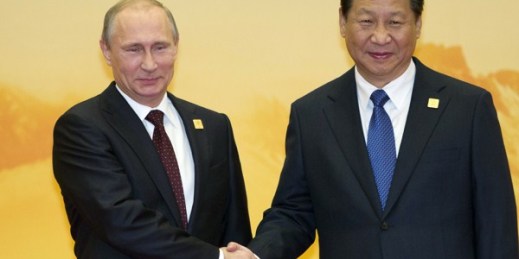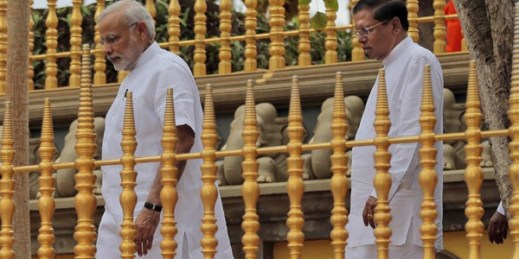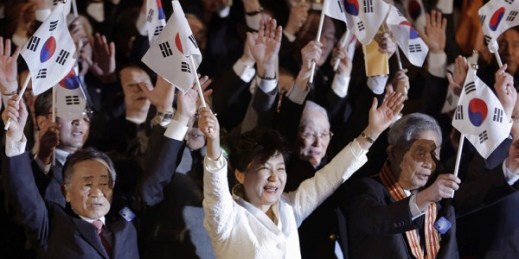
In February, China’s State Council announced the approval of two new nuclear reactors at the Hongyanhe nuclear power plant in the northeastern province of Liaoning, underscoring Beijing’s intention to move forward with an ambitious nuclear power plant construction program despite the 2011 Fukushima nuclear accident in neighboring Japan. In the wake of that accident, when other players slowed and in some case scuttled nuclear development, China limited itself to holding off on approving new reactors while safety procedures throughout the country’s nuclear facilities were reviewed. However, none of China’s 24 nuclear reactors already in operation were shut down, and ongoing […]



